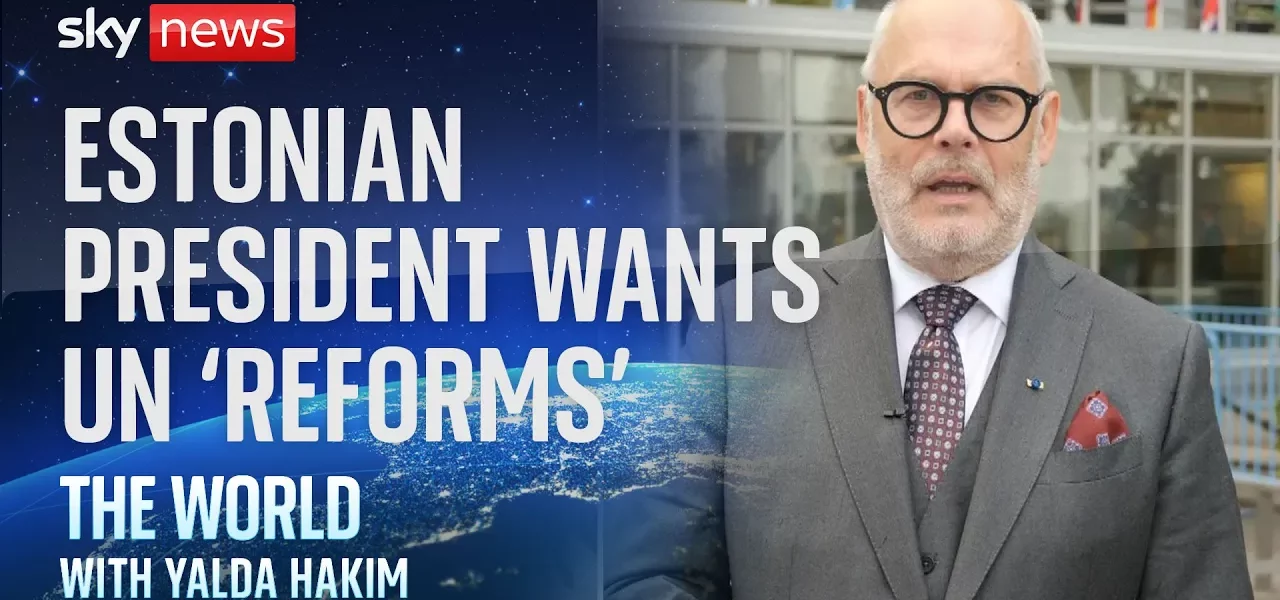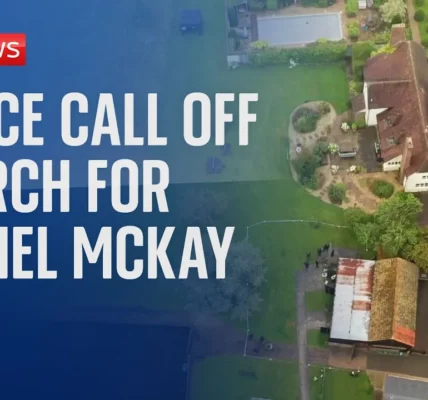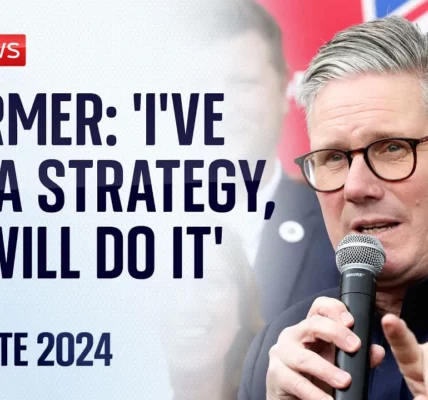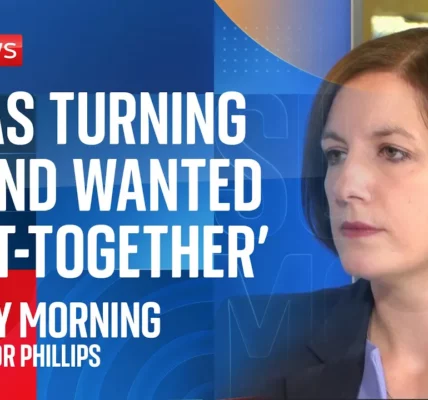Current Situation in Lebanon and Ukraine: Insights from President Alar Karis

This article provides a comprehensive analysis of the escalating conflicts in Lebanon and Ukraine, featuring insights from Estonian President Alar Karis during a recent interview. We delve into the implications of these crises and the international response, emphasizing the urgent need for peace talks and conflict resolution.
Introduction
In a gripping report from Beirut, the escalating violence in Lebanon has resulted in a staggering death toll of 492 individuals due to recent Israeli airstrikes. This bombardment marks one of the deadliest episodes since the 2006 Israel-Hezbollah war, raising alarm among world leaders as they convene for the United Nations General Assembly in New York. The international community stands at a critical juncture, grappling with the ramifications of this conflict alongside the ongoing war in Ukraine. In an interview with Estonian President Alar Karis, we explore the urgent need for a ceasefire and the potential for peace negotiations in both regions.
The Humanitarian Crisis in Lebanon
The recent airstrikes in Lebanon have left more than 12,200 individuals injured, compounding the humanitarian crisis in the region. The situation is dire, with civilians caught in the crossfire of escalating military actions.
Current Statistics and Impact
- Death toll: 492 confirmed fatalities
- Injuries: Over 12,200 reported
- Context: Most violent conflict since 2006
International Reaction
As world leaders gather in New York, the urgency for dialogue and a ceasefire has never been clearer. President Karis emphasizes the necessity of preventing further escalation and advocates for immediate peace talks.
International Dynamics: The Role of the United States
President Alar Karis expressed disappointment regarding the level of pressure the United States has exerted on both Israel and Palestine to achieve peace. The lack of progress towards a ceasefire agreement raises significant concerns about the effectiveness of current diplomatic efforts.
Concerns Over U.S. Influence
- Insufficient pressure on Israel
- Failure to mediate effectively between conflicting parties
- Implications for broader Middle East stability
Proposed Solutions
During the interview, it was suggested that reforming the United Nations Security Council could enhance the global response to conflicts such as these. The need for a re-evaluation of international mechanisms for conflict resolution is paramount.
The War in Ukraine: Ongoing Challenges
Shifting focus to Ukraine, President Karis highlighted the devastating impact of the ongoing war, which has persisted for nearly 1,000 days. The humanitarian crisis in Ukraine is worsening, with significant military and civilian casualties.
President Zelensky’s Victory Plan
Ukrainian President Volodymyr Zelensky has presented a victory plan aimed at securing peace. President Karis is optimistic about the potential outcomes of this plan but acknowledges the severe challenges ahead.
Military Support and Strategy
With discussions around the use of Western weapons, Karis argues for bolstered military support for Ukraine. Key points include:
- Legitimacy of using weapons within Ukrainian territory
- Need for long-range capabilities and ammunition
- Concerns over Russian aggression and the necessity to respond robustly
Conclusion
The ongoing conflicts in Lebanon and Ukraine present complex challenges that require urgent attention from the international community. President Alar Karis’ insights underline the critical need for a ceasefire and renewed diplomatic efforts in both regions. As discussions continue at the United Nations, it is imperative for global leaders to prioritize peace and stability. For more detailed coverage on these issues, stay tuned to our updates.
“`




